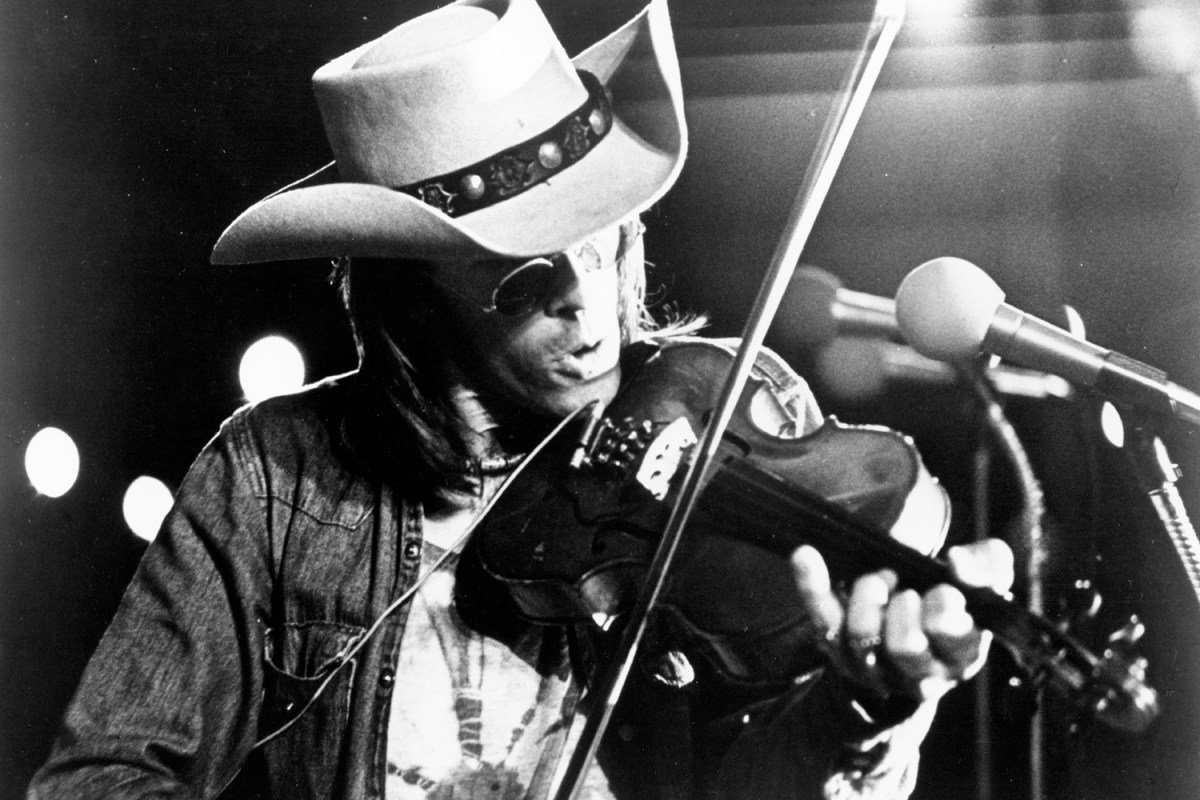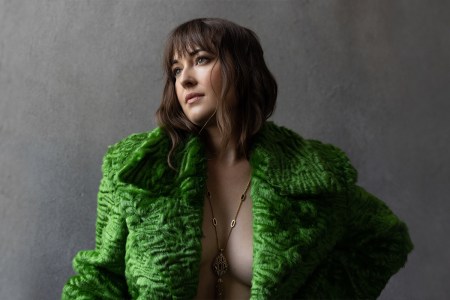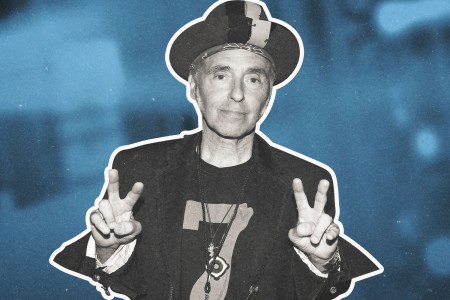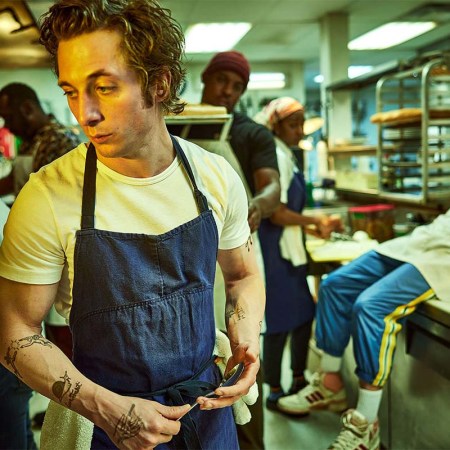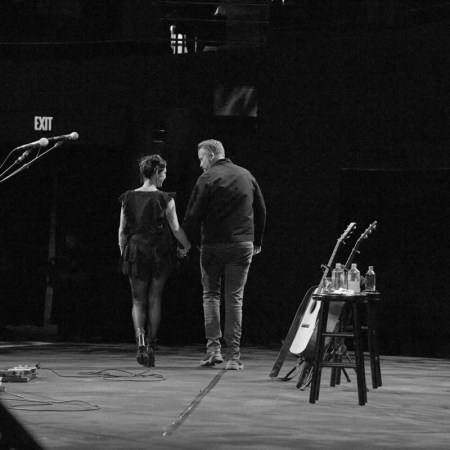Doug Sahm is one of those musicians whose influence has resonated well beyond the scope of his success.
Sure, the hippie-cowboy singer, songwriter and guitarist landed a handful of songs on the pop charts at his height in the ’60s with the Sir Douglas Quintet, establishing a template that Willie Nelson later used to bring his outlaw country sound to a rock ’n’ roll audience. Sahm also collaborated here and there in the ’70s with the likes of Bob Dylan, Dr. John, Freddy Fender and Flaco Jiménez. Yet he was always more of a niche taste for those in the know than a household name.
Maybe that’s what has prompted some of his acolytes to keep alive Sahm’s legacy, a distinctive blend of British Invasion-style pop, psychedelia, country and Tex-Mex. Sahm has been the subject of three separate tribute albums over the years, starting with respective LPs by jazz/psych guitarist Eugene Chadbourne and roots-rock band the Bottle Rockets in 2002, and rounded out this year with Day of the Doug, a new collection from the alt-country band Son Volt.
The Arrival of Jess Williamson
“Time Ain’t Accidental” is the fifth full-length album of Williamson’s career, but it may as well be her first“The Bottle Rockets kind of did the first layer of Doug songs, and that was great,” Son Volt leader Jay Farrar says. “But this recording was about peeling back the second layer and digging up even lesser-known stuff. Both records complement the other with the same goal of honoring Doug and his music.”
Covering Doug Sahm is very much on-brand for Son Volt and Farrar, who has long been interested in music that has slipped out of public view (if it was ever there in the first place). In that sense, there’s a wonderful symmetry to Day of the Doug as a cult-favorite band honors a cult-favorite singer. The result is a standout entry in the Son Volt discography.
First released on green vinyl for Record Store Day in April, Day of the Doug skips Sahm’s most popular songs, including the 1965 single “She’s About a Mover” and 1968’s “Mendocino.” Instead, Son Volt rolls out a dozen deeper cuts, capturing a sense of the energy and come-what-may attitude that underpinned so much of Sahm’s music. The band is locked in, summoning a hazy, California vibe on the jangly “Sometimes You’ve Got to Stop Chasing Rainbows” and leaning into a sleek boogie on “Dynamite Woman.” “Poison Love” emphasizes a Tex-Mex feel with a quick-step beat and the sound of an accordion, while “Float Away” — one of two songs featuring bassist Andrew DuPlantis on lead vocals — finds the middle ground between honky-tonk and rock ’n’ roll, heavy on the cowbell.
“Doug’s an example of why music is interesting, and it’s not about accumulating large amounts of money,” Chadbourne told Magnet magazine in 2002. “The guy was into so many styles of music; it’s too much for most people. Going from psychedelic rock to country and then a heavy blues thing, he kept jumping around the whole time.”
Son Volt bookended Day of the Doug with scratchy snippets of messages that Sahm left on Farrar’s answering machine in the ’90s. Phone calls from Sahm weren’t unusual: Tony Margherita, who managed Farrar’s previous band Uncle Tupelo, says Sahm frequently rang him, too, to talk about baseball.
“Doug came from that generation where that was his social media, just getting on the phone and calling people,” says Farrar, who unearthed the answering machine tapes from some shoeboxes full of old cassettes. (Sahm died of a heart attack in 1999, at 58.)
Farrar got to know Sahm when Uncle Tupelo covered his song “Give Back the Key to My Heart” on their 1993 album Anodyne and invited the self-styled Texas Tornado to sing on the track. Sahm made a memorable entrance, pulling up to the Austin, Texas, recording studio in a vintage Lincoln Continental. He was animated inside, too, playing with such intensity that he inadvertently whacked a microphone with his guitar, producing an audible clunk that the band did its best to mask afterward.
Nils Lofgren Reflects on Neil Young’s “Tonight’s the Night” Tour
The guitarist also tells us the inspiration behind Crazy Horse’s new record“We were impressed by that, that he was putting so much passion into his performance recording-wise that he bumped the mic with his headstock of his guitar because he was rocking in place,” Farrar remembers with a chuckle. “At that time, that was something that we would not have done.”
Farrar has long counted himself a fan of Sahm’s. Back in the early ’90s, he and Brian Henneman from the Bottle Rockets played a few shows in St. Louis as part of an ad-hoc country band whose repertoire included songs by Sahm. More recently, he often swaps record-store finds with DuPlantis and Son Volt drummer Mark Patterson. Yet even Farrar was surprised by the depth of the Texas singer’s catalog when he started combing through it for songs to cover.
“In the old days, it was so hard to find his stuff on vinyl,” Farrar says. “And now you can click on iTunes or Spotify or whatever and it’s all right there, the whole catalog. So that’s what I did. I came across a lot of the songs there.”
Though Son Volt has contributed to other tribute albums — they recorded “Sometimes” for the Alejandro Escovedo fundraiser effort Por Vida in 2004 — Farrar says it’s not a category that occupies much of his time. More than anything, recording an album honoring Sahm was a way to change things up and step back from the weightier, often more topical approach he takes with Son Volt.
“There’s just kind of a different momentum and excitement level that goes along with doing a tribute,” Farrar says. “We were all aware that we wanted to just roll the tape and have a good time. Essentially, we knew that playing Doug’s music meant exactly that. One way or another, a good time would be had.”
There’s every reason to think that’s exactly what Sahm would have wanted.
This article was featured in the InsideHook newsletter. Sign up now.
